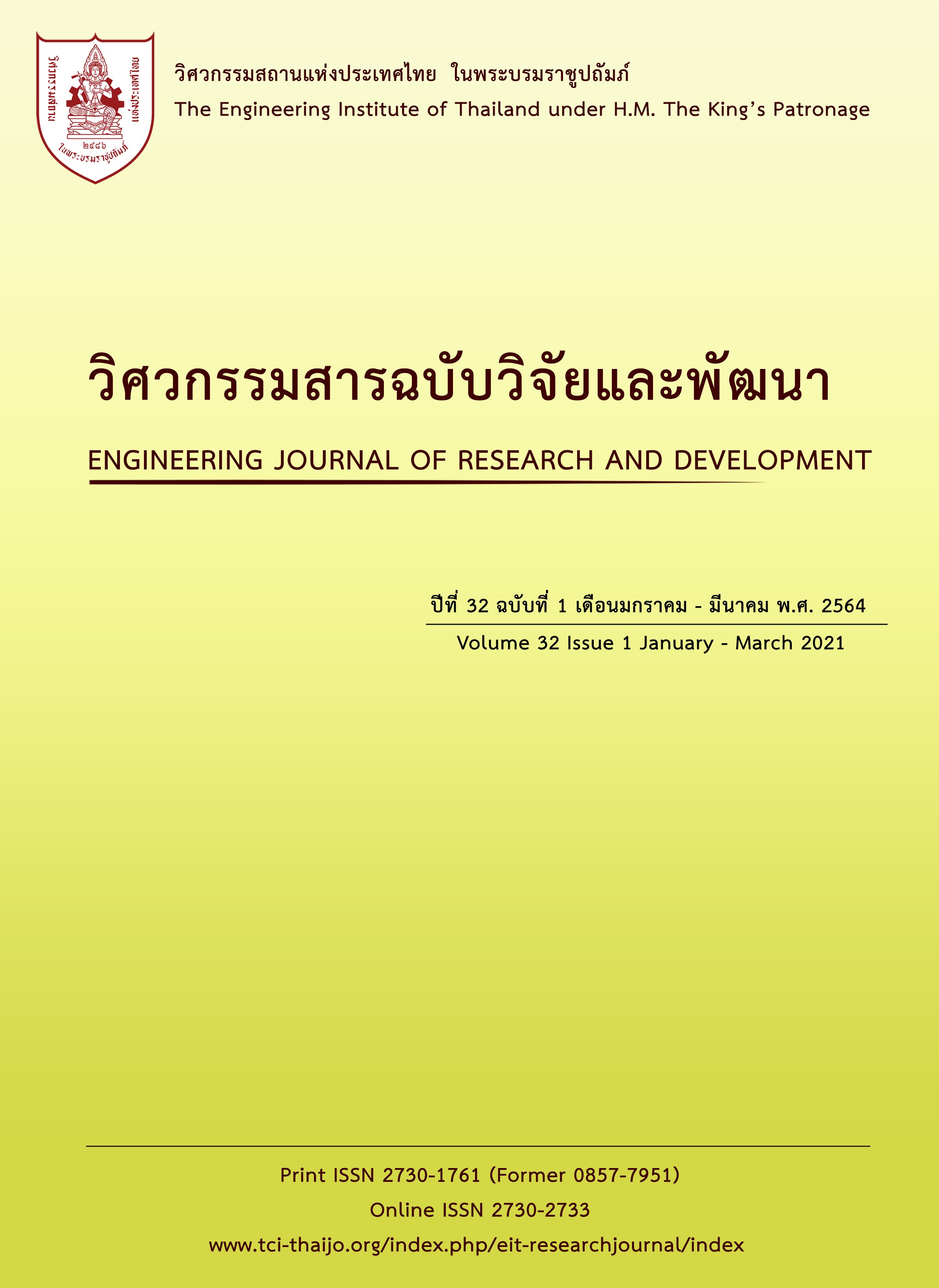EFFECTS OF TRANSVERSE ISOTROPY ON COMPRESSIVE STRENGTH AND ELASTIC PROPERTIES OF ROCK SALT
Main Article Content
Abstract
Uniaxial and triaxial compression tests have been performed to determine the transversely isotropic effect on strength and deformation of rock salt specimens with different bedding plane orientations under confining pressures up to 15 MPa. The results indicate that the compressive strength is maximum when loading is perpendicular to the bedding (anisotropic) planes. The minimum strength occurs when normal to the bedding planes makes an angle of 60 degrees with the loading direction, especially under lower confining pressures. The effect of transversely isotropy decreases when salt is subjected to higher confining pressures where the salt tends to behave as an isotropic material. This is probably because the salt specimens have ability of self-healing under confinement, and hence decreases their anisotropic behavior.
Article Details
The published articles are copyright of the Engineering Journal of Research and Development, The Engineering Institute of Thailand Under H.M. The King's Patronage (EIT).


